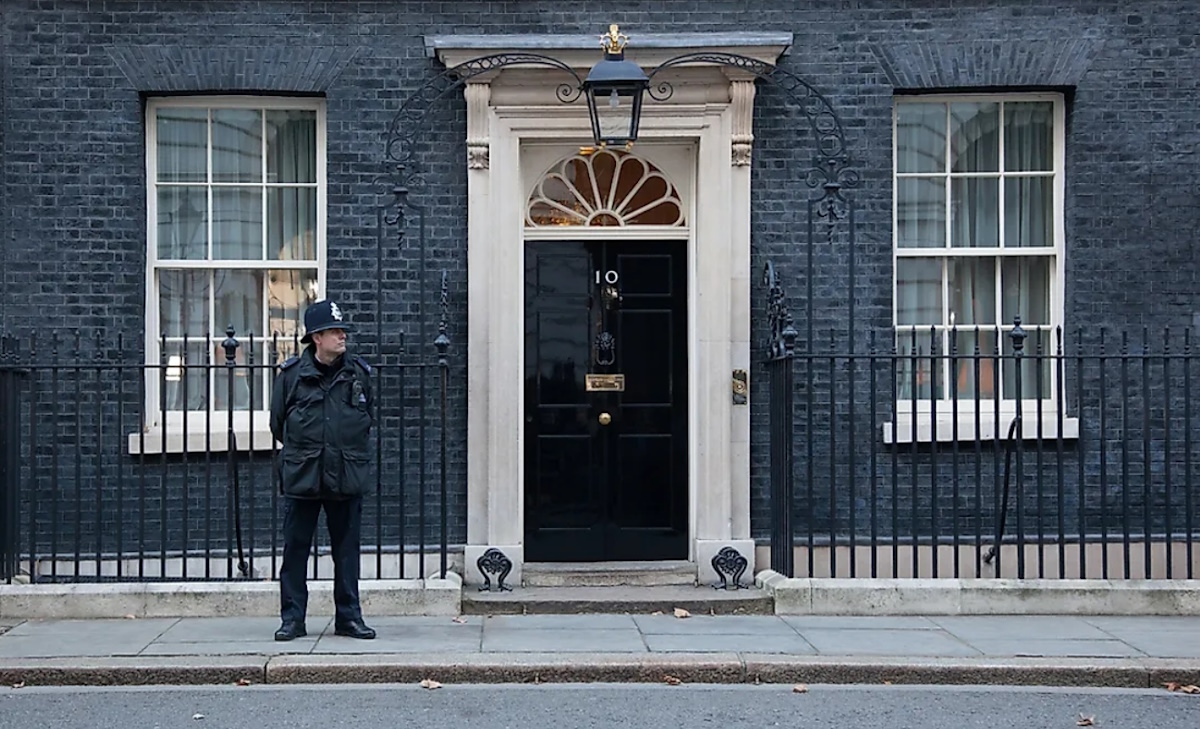10 Fascinating Facts About the UK Government

The United Kingdom's system of government is one of the oldest and most stable in the world. Here are ten intriguing facts about the UK Government and its unique features.
1. Constitutional Monarchy
The UK is a constitutional monarchy, where the monarch is the head of state, but the Prime Minister is the head of government.
2. Unwritten Constitution
The UK doesn't have a single written constitution, but rather a collection of laws, conventions, and treaties.
3. Parliament is Sovereign
In the UK, Parliament is sovereign, meaning it has supreme legal authority to create or end any law.
4. Bicameral Parliament
The UK Parliament consists of two houses: the House of Commons and the House of Lords.
5. First Past the Post
The UK uses a 'First Past the Post' voting system for general elections, where the candidate with the most votes in each constituency wins.
6. The Queen's Speech
The State Opening of Parliament features the Queen's Speech, where the monarch outlines the government's agenda for the coming session.
7. Prime Minister's Questions
Every Wednesday, the Prime Minister answers questions from MPs in a lively session known as Prime Minister's Questions (PMQs).
8. Hung Parliament
When no party has an overall majority, it's called a 'hung parliament,' which can lead to coalition governments or minority governments.
9. The Civil Service
The UK has a permanent Civil Service that remains in place regardless of which party is in power, ensuring continuity in government administration.
10. Devolved Governments
Scotland, Wales, and Northern Ireland have their own devolved governments, with varying degrees of autonomy from the UK central government.
Timeline of UK Government History
1215
Magna Carta is signed, limiting the power of the monarch and establishing the principle that everyone is subject to the law.
1689
The Bill of Rights establishes the principle of Parliamentary sovereignty.
1707
The Acts of Union unite the parliaments of England and Scotland, creating Great Britain.
1832
The Great Reform Act expands voting rights and redistributes Parliamentary seats more fairly.
1911
The Parliament Act reduces the power of the House of Lords.
1998
The Scotland Act, Government of Wales Act, and Northern Ireland Act establish devolved governments.